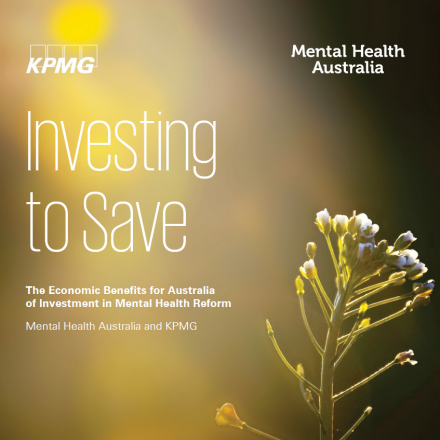The lasting impact of childhood family violence
 Article by Dr Cathy Kezelman AM, President, Adults Surviving Child Abuse
Article by Dr Cathy Kezelman AM, President, Adults Surviving Child Abuse
The crimes of family violence and child abuse first hit the headlines in the 1970s and 1980s when political feminist waves exposed the issues within Australian society. For the first time, sexual and other forms of abuse and violence were publicly named, personal stories were told and power imbalance and control were identified as key factors in the perpetration of such violence.
Australia’s first royal commission into family violence will wrap up public hearings after four weeks of evidence from victims, advocates and support services. We’ve learnt that the impacts of early experiences of family violence and child abuse are often both significant and long-term.
However, until recently, society has continued to ignore and stigmatise the daily challenges often experienced by the five million Australian adults living with the effects of childhood trauma and abuse.
Childhood trauma results from various forms of abuse, including but not limited to, sexual, physical or emotional abuse. Different forms of violence and trauma regularly co-occur. For example, 55% of Australian children who have experienced physical abuse are also exposed to domestic violence, while an estimated 40% who have experienced sexual abuse are also exposed to domestic violence.
Further to this, from more than 4000 calls to the Adults Surviving Child Abuse (ASCA) Professional Support Line in 2014, a staggering 65% of callers reported that their childhood trauma, including abuse, had occurred within the home. Such statistics demonstrate that this is a national emergency and more so because the effects last long after the violence stops.
Both childhood abuse and family violence are an exploitation and imbalance of power, predicated on an inherent lack of respect and a betrayal of trust within an intimate and primary relationship of care. Such trauma violates the victim’s right to safety and wellbeing through fear, threat, dominance, control and repeated physical and psychological harm.
These scourges thrive on secrecy, silence and the complicit hands-off bystander response, which has characterised our society until now. Compounding these factors is the appalling lack of accessible affordable specialist services. Lack of such services means that victims are not provided with the opportunities they need to rebuild their lives.
Violence, trauma and abuse – especially within the home – are rarely isolated events; they are often repeated, prolonged and extreme. In a recent report commissioned by ASCA, an individual who has been abused or otherwise traumatised in childhood is at significantly higher risk of impaired social, emotional and cognitive wellbeing as an adult. They are also at a higher risk of adopting coping behaviours, such as alcohol and substance abuse, overeating and smoking, the harmful repercussions of which compound the propensity to mental illness, attempted suicide and suicide.
However, our growing understanding of brain plasticity has established that possibilities for recovery are real. Critical to recovery are the positive relational experiences, which are central to a person’s wellbeing and vital in building on people’s inherent strengths towards a better future. Survivors seeking to recover from childhood trauma need to be and feel safe, with opportunities to discuss, process and make sense of their experiences so they can find a path to recovery. Such support needs to come from the community, including from family and friends but also professionally.
With the Royal Commission into family violence coming to a close, we can only commend the support from the Victorian Government and in particular Premier Daniel Andrews who made it his election promise to review what he called as the states most urgent law and order emergency. However now, we must ensure there is a continued response to family violence and childhood trauma and abuse in Australia.
By addressing childhood trauma and abuse in adults, Australia can save an estimated $9.1 billion annually. It is therefore critical that governments of all persuasions build on their good work in establishing and supporting such Commissions. They need to demonstrate the way they value their citizens by providing much-needed resources and specialist services to enable our fellow Australians to recover.
This article first appeared in Women’s Agenda on the 17th of August 2015
__________Do you have a comment on this story? Join the conversation on Twitter @AUMentalHealth




